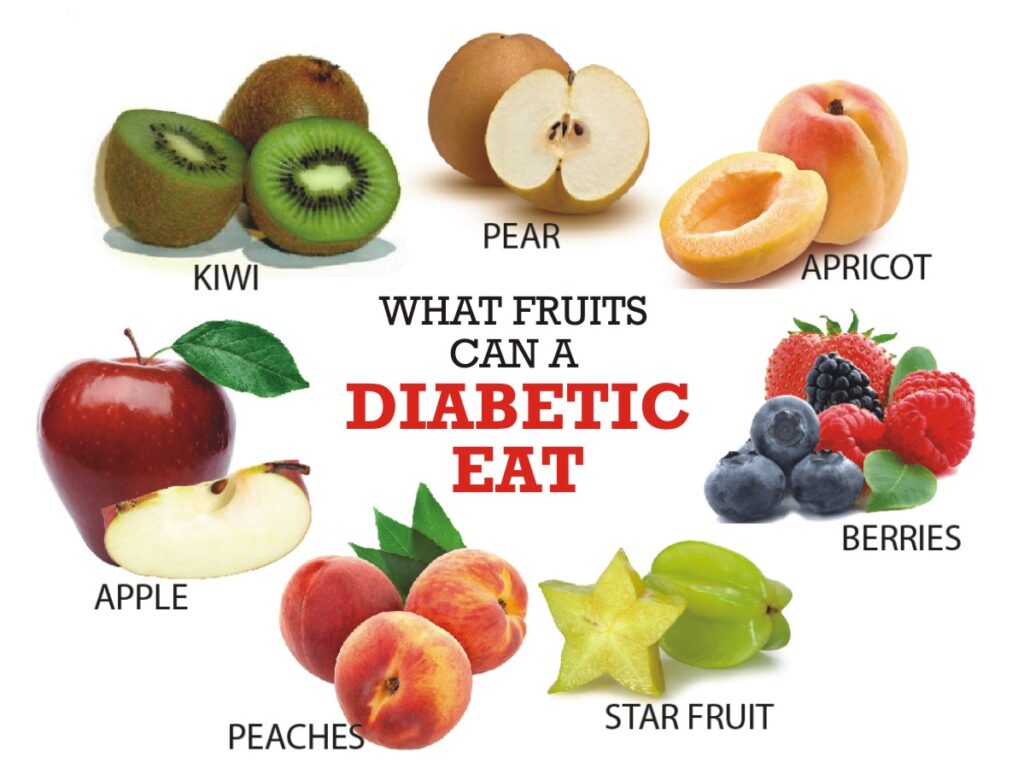Mediterranean Diet Recipes for Athletes: As athletes strive for peak performance, nutrition plays a pivotal role in enhancing endurance, recovery, and overall well-being. The Mediterranean diet, renowned for its health benefits, offers a delicious and nutritious approach to fueling athletic endeavors. In this blog post, we will explore a curated selection of Mediterranean diet recipes tailored specifically for athletes. From energizing breakfasts to post-workout recovery meals, these recipes aim to provide the essential nutrients athletes need. Additionally, we’ll include external links to reputable sources for further information and FAQs to address common queries about this enriching dietary approach.
Table of Contents
ToggleUnderstanding the Mediterranean Diet for Athletes
1. The Foundation of the Mediterranean Diet
The Mediterranean diet is characterized by an abundance of fruits, vegetables, whole grains, legumes, and healthy fats. It incorporates lean proteins, such as fish and poultry, and limits red meat consumption. Olive oil, nuts, and seeds are staples, providing essential fatty acids for sustained energy.
2. Key Benefits for Athletes
- Optimal Macronutrient Balance: The diet naturally balances carbohydrates, proteins, and fats, providing a steady energy supply for athletes.
- Anti-Inflammatory Properties: Rich in antioxidants and omega-3 fatty acids, the Mediterranean diet helps reduce inflammation, promoting quicker recovery after intense workouts.
- Hydration Through Whole Foods: Fruits and vegetables with high water content contribute to hydration, a critical factor for athletes.
Mediterranean Diet Recipes for Athletes
1. Breakfast: Greek Yogurt Parfait with Fresh Berries
Ingredients:
- Greek yogurt
- Fresh mixed berries (blueberries, strawberries, raspberries)
- Honey
- Granola
Instructions: Layer Greek yogurt with mixed berries in a glass or bowl. Drizzle with honey and sprinkle granola for added crunch. This breakfast is rich in protein, antioxidants, and complex carbohydrates.
Elevate Your Culinary Experience with These Irresistible Mediterranean Diet Delights
2. Lunch: Quinoa Salad with Mediterranean Vegetables
Ingredients:
- Cooked quinoa
- Cherry tomatoes, halved
- Cucumber, diced
- Kalamata olives, pitted and sliced
- Feta cheese, crumbled
- Red onion, finely chopped
- Fresh basil, chopped
- Olive oil, lemon juice, salt, and pepper for dressing
Instructions: Combine cooked quinoa with vegetables, olives, and feta. Toss with olive oil, lemon juice, salt, and pepper. This nutrient-dense salad provides a balance of carbohydrates, protein, and healthy fats.
3. Dinner: Baked Mediterranean Salmon
Ingredients:
- Salmon fillets
- Cherry tomatoes, halved
- Kalamata olives, pitted
- Capers
- Fresh oregano, chopped
- Lemon slices
- Olive oil, salt, and pepper
Instructions: Place salmon on a baking sheet, surround with cherry tomatoes, olives, capers, and lemon slices. Drizzle with olive oil, sprinkle with oregano, salt, and pepper. Bake until the salmon is cooked through. This dish offers omega-3 fatty acids for muscle recovery.
4. Snack: Hummus with Veggie Sticks
Ingredients:
- Chickpeas (canned or cooked)
- Tahini
- Garlic, minced
- Lemon juice
- Olive oil
- Carrot and cucumber sticks for dipping
Instructions: Blend chickpeas, tahini, garlic, and lemon juice until smooth. Drizzle with olive oil. Serve with carrot and cucumber sticks. Hummus is a protein-packed snack aiding muscle repair.
External Resources for Continued Learning
Frequently Asked Questions (FAQs)
Q1: Can athletes maintain their energy levels on the Mediterranean diet?
A1: Absolutely. The Mediterranean diet provides a balanced mix of carbohydrates, proteins, and healthy fats, ensuring sustained energy levels for athletes.
Q2: Is the Mediterranean diet suitable for various types of athletes, including endurance and strength athletes?
A2: Yes, the Mediterranean diet can be adapted to meet the nutritional needs of both endurance and strength athletes. It provides a versatile range of nutrients beneficial for various athletic pursuits.
Q3: How does the Mediterranean diet aid in muscle recovery?
A3: The diet’s anti-inflammatory properties, thanks to omega-3 fatty acids and antioxidants, help reduce muscle inflammation, expediting the recovery process.
Q4: Are there any specific foods to avoid on the Mediterranean diet for athletes?
A4: While the diet encourages whole, nutrient-dense foods, athletes should moderate red meat consumption and opt for lean protein sources like fish and poultry.
Conclusion: Elevate Your Performance with Mediterranean Nutrition
Incorporating the Mediterranean diet into your athletic journey offers not only delicious meals but also a plethora of health benefits. From enhancing endurance to facilitating post-workout recovery, the nutrient-rich recipes mentioned above are a great starting point. As you explore this culinary approach, remember to tailor it to your individual nutritional needs and preferences. For further information and inspiration, refer to the external links and FAQs provided. Embrace the Mediterranean diet, and let the synergy of wholesome ingredients elevate your athletic performance to new heights.












